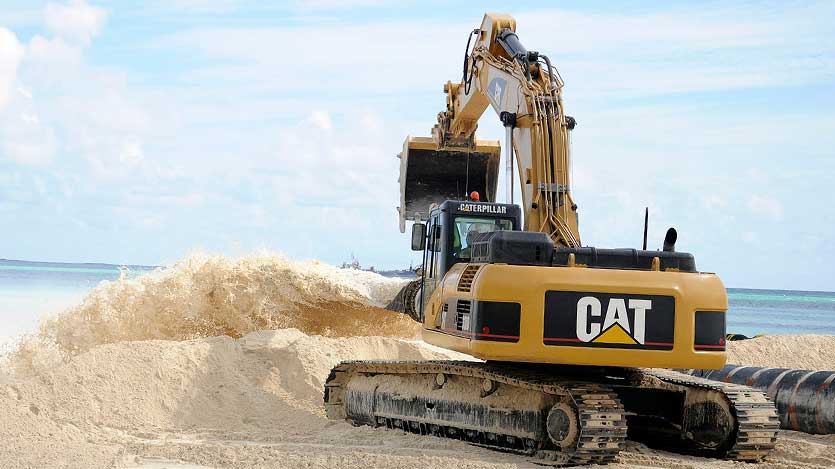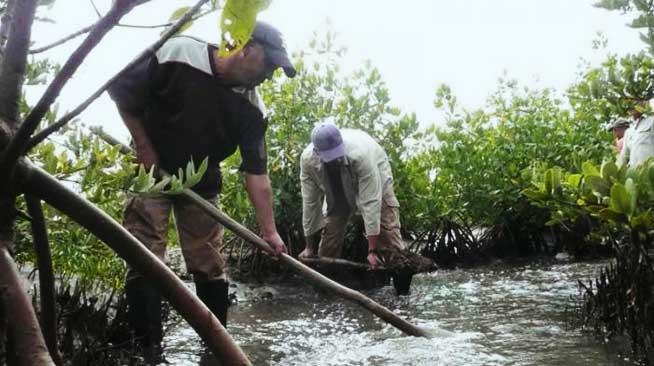
In the 2017-2021 four-year period, progress in the implementation of the State Plan to confront climate change (Life Task) was made in the province of Ciego de Ávila, by implementing 84 percent of the planned measures, despite the intensification of the US blockade and the effects caused by the COVID-19 pandemic.
Rafael Pérez Carmenate, delegate of the Ministry of Science, Technology and Environment (CITMA by its Spanish initials) in the territory, underlined the recovery of 25 percent of the sandy beaches through dumping of sand and engineering and maintenance actions that demonstrate sustainability, minimize erosive processes and restore protective and aesthetic functions.
"The recovery of the coasts of the tourist destination Jardines del Rey offers new possibilities for the development of the leisure industry and reduces the vulnerability of that environment to the impact of extreme hydrometeorological events and the impacts of climate change," he explained.
At a CITMA press conference, on the subject of World Environment Day, it was confirmed that erosion induced by anthropogenic factors decreases as a result of the planting of native plants on the dunes formed after the sand dumps, and it is possible to reduce the exotic species in these ecosystems.

The construction of 104 houses for the relocation of residents of coastal settlements, responds to the urgency of achieving adaptation systems in the face of the increase in sea level, by predicting elevations of 25 and 95 centimeters until the years 2050 and 2100, respectively.
Vania Vidal Olivera, hydrologist, Master in Environmental Management and researcher at the Biofood Research Center (CIBA), emphasized that, according to the studies carried out, the rise in sea level will lead to the total or partial disappearance of coastal communities from Ciego de Ávila in medium and long term.
The effectiveness in the regulation and recharge of the underground layer, through the management of dikes, ensures the supply to the population and agriculture, and a significant contribution of fresh water to the Great North Wetland and the bays of Los Perros and Jigüey, in these last one, impact is achieved in the reduction of salinity and recovery of ecosystems.
The results of the period also include the completion of works to minimize the effects of the drought in the southern area of the province, the installation of efficient irrigation systems that reduce water consumption and increase crop yields; and the installation and start-up of a bioelectric plant, with a generation capacity of 60 megawatts per hour.
In 2020, the province continued to carry out hazard, vulnerability and disaster risk studies, in order to promote actions that contribute to minimizing the effects of climate change associated with the proliferation of pests and floods due to heavy rains.
The design and implementation of a communication strategy related to the Life Task allowed to increase the population's perception of risk regarding the consequences of climate change, and guide citizens to reduce vulnerabilities by implementing adaptation and mitigation measures.




